“I triple‑checked everything…” – that’s what Ada muttered in the U.S. embassy lobby after her B‑2 visa was turned down. She had her invitation letter, round‑trip tickets, travel insurance, proof of accommodation but the officer still said “no.” Ada was shocked, even though missing any detail could jeopardize her visa.
Ada’s story isn’t rare. Every year, Nigerians with genuine travel plans, be it family visits, medical checkups, or vacations experience denials. If you’ve asked yourself, “Why was my U.S. tourist visa denied?” or “How do I avoid a U.S. visa rejection?”—you’re in the right place.
In this post, we’ll unpack common U.S. tourist visa refusal reasons, share real-case solutions, and equip you to improve your next application. Let’s dive in.
Why the U.S. Tourist Visa Is Frequently Denied for Nigerians
Nigeria consistently ranks among countries with high B‑2 visa refusal rates often over 60%. Many applicants are disheartened, but understanding the red flags makes all the difference.
📌 Read More
1. Incomplete or Inaccurate Documentation
This is the top cause of rejection. Common pitfalls include:
- Incomplete DS‑160 forms
- Missing or expired travel documents
- Unclear financial statements
Make sure to double check every document.
2. Insufficient Proof of Funds
U.S. consular officers need confidence you can fully finance your trip covering flights, lodging, and living expenses.
Document:
- Stable bank balances
- Evidence of income
- Consistent financial activity A general guideline: show at least $150–$200 per day of stay.
3. Weak Ties to Nigeria
Under Section 214(b) of the Immigration and Nationality Act, 214(b) refusals happen when consular officers aren’t convinced you’ll return home.
Strong ties might include:
- Letter from your employer
- Proof of business or property ownership
- Family dependency
- School enrollment
4. Unconvincing Travel Purpose
Your stated reason leisure, family visit, medical must align with supporting documents:
📰 Similar Posts
- Invitation or appointment letters
- Detailed travel plan
- Confirmed accommodation
5. Travel History Gaps
No prior travel isn’t fatal but it weakens your profile especially for multi-month stays.
If possible:
- Show previous visas
- Add low‑risk international trips
6. Inconsistent Information
Discrepancies between your DS‑160, interview answers, and supporting documents can kill your case, you really need to be careful not to make mistakes.
Example: Income mentioned as ₦500k monthly, but bank statements show ₦200k.
7. Interview Performance
Even if all documents are perfect, a vague or anxious interview can swing the decision.
Do well to practice concise and honest responses with a friend or coach/mentor.
What You Can Do After a Visa Refusal
1. Re-evaluate and address the refusal reason even if it wasn’t explicitly stated.
2. You can reapply immediately, but outcome improves when issues are corrected.
3. Appealing is rare and rarely effective for B‑2 refusals.
4. Record of refusal stays on your profile address it directly in future applications.
Ada’s Comeback From Denial to Approval
After her first refusal, Ada:
- Provided a letter of employment and recent payroll slips
- Showed certified bank statements with consistent income
- Submitted an invitation letter from her sister in Atlanta
- Brought a one‑page travel itinerary, flights, and hotel bookings
- Practiced her interview answers
Her next interview was approved and she enjoyed a memorable family reunion in the U.S.
A U.S. tourist visa refusal is discouraging but far from the end. Understanding common tourist visa denial reasons and preparing thoroughly can transform a “no” into a “yes.”
Whether this is your first attempt or you’re coming back stronger, we’re here to help.
Contact us today to review your documents, craft a strong itinerary, and coach you confidently through your interview.
Don’t let one refusal derail your dream of visiting the U.S. with the right preparation, your next visa is within reach.

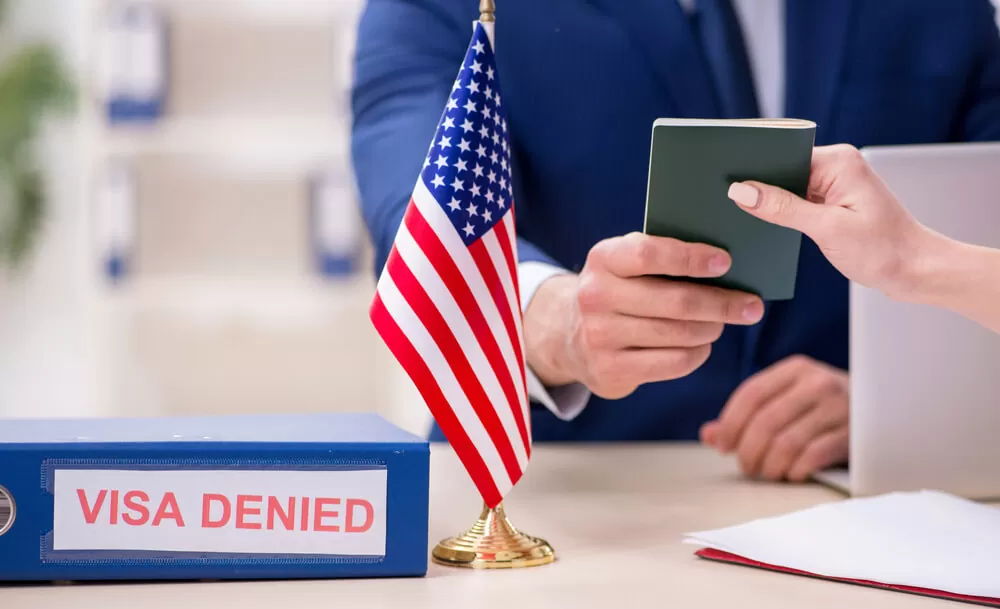

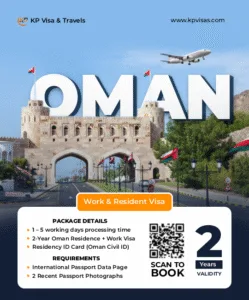
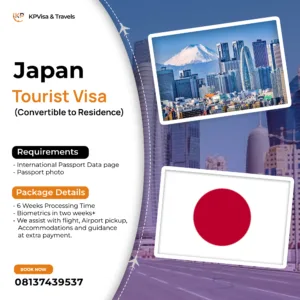
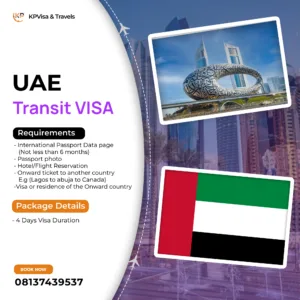
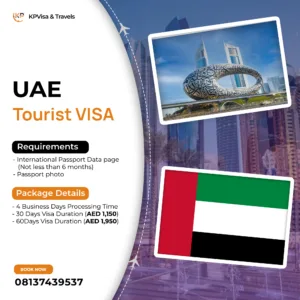
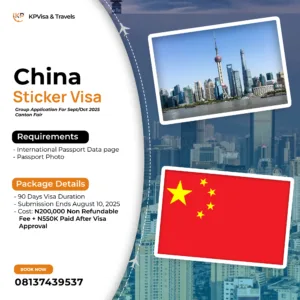
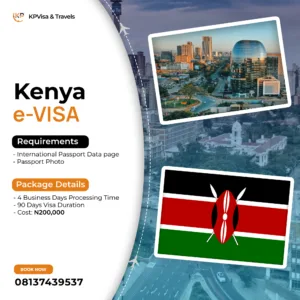
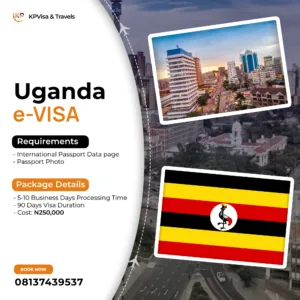
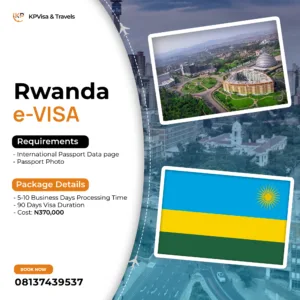
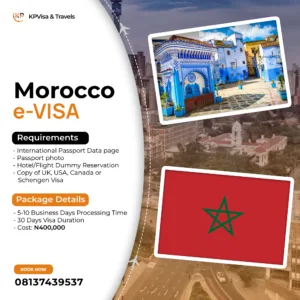
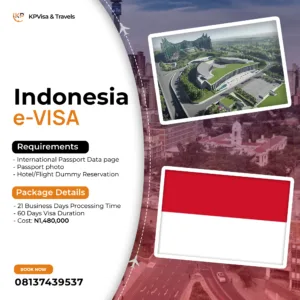
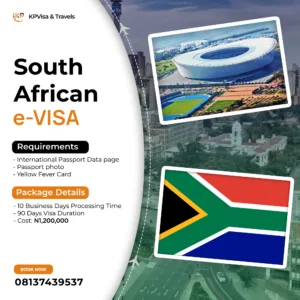

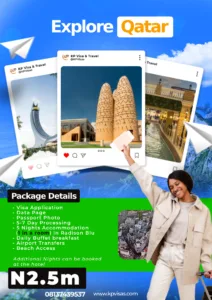
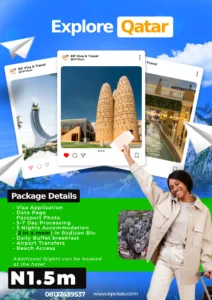
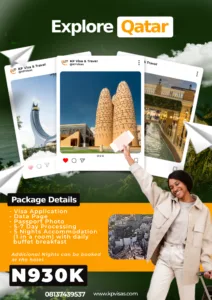
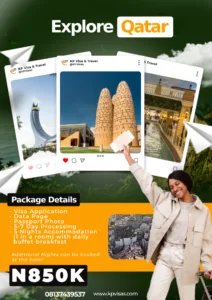
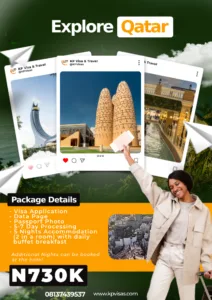
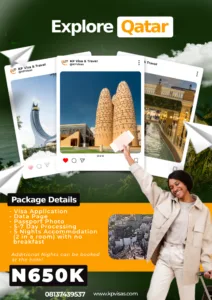

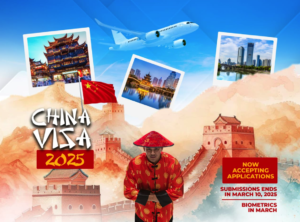




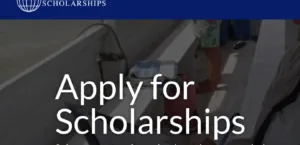
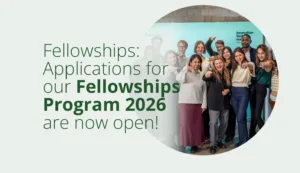

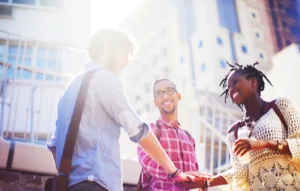
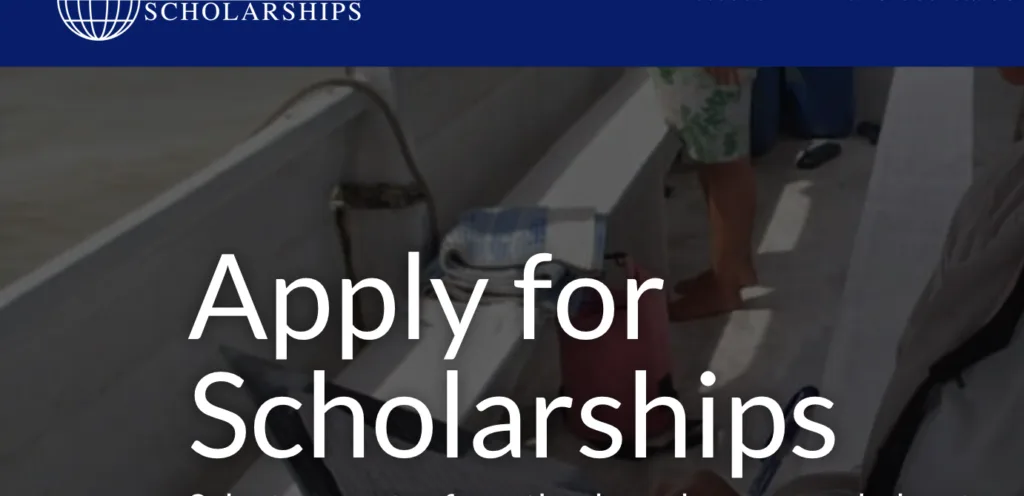


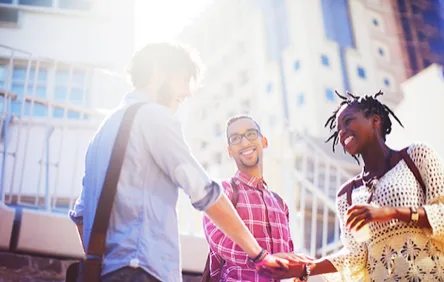
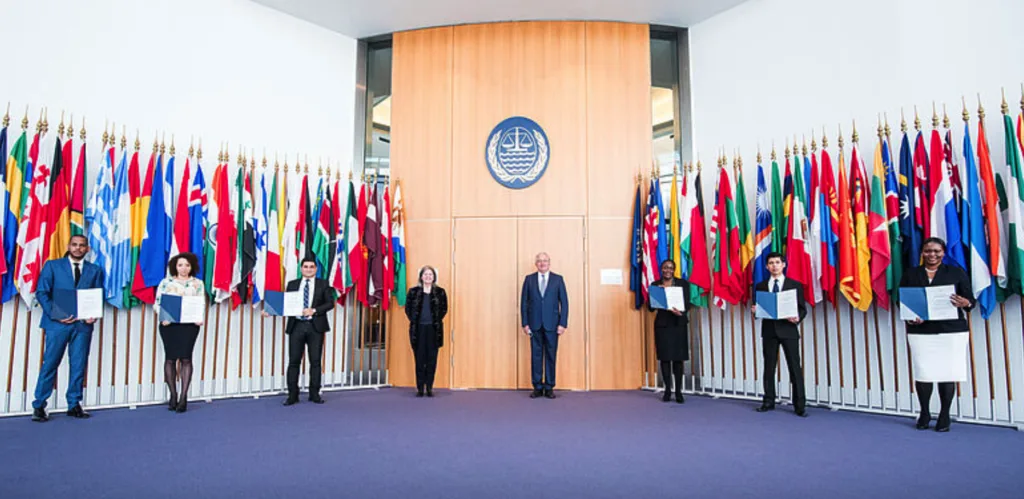

No responses yet